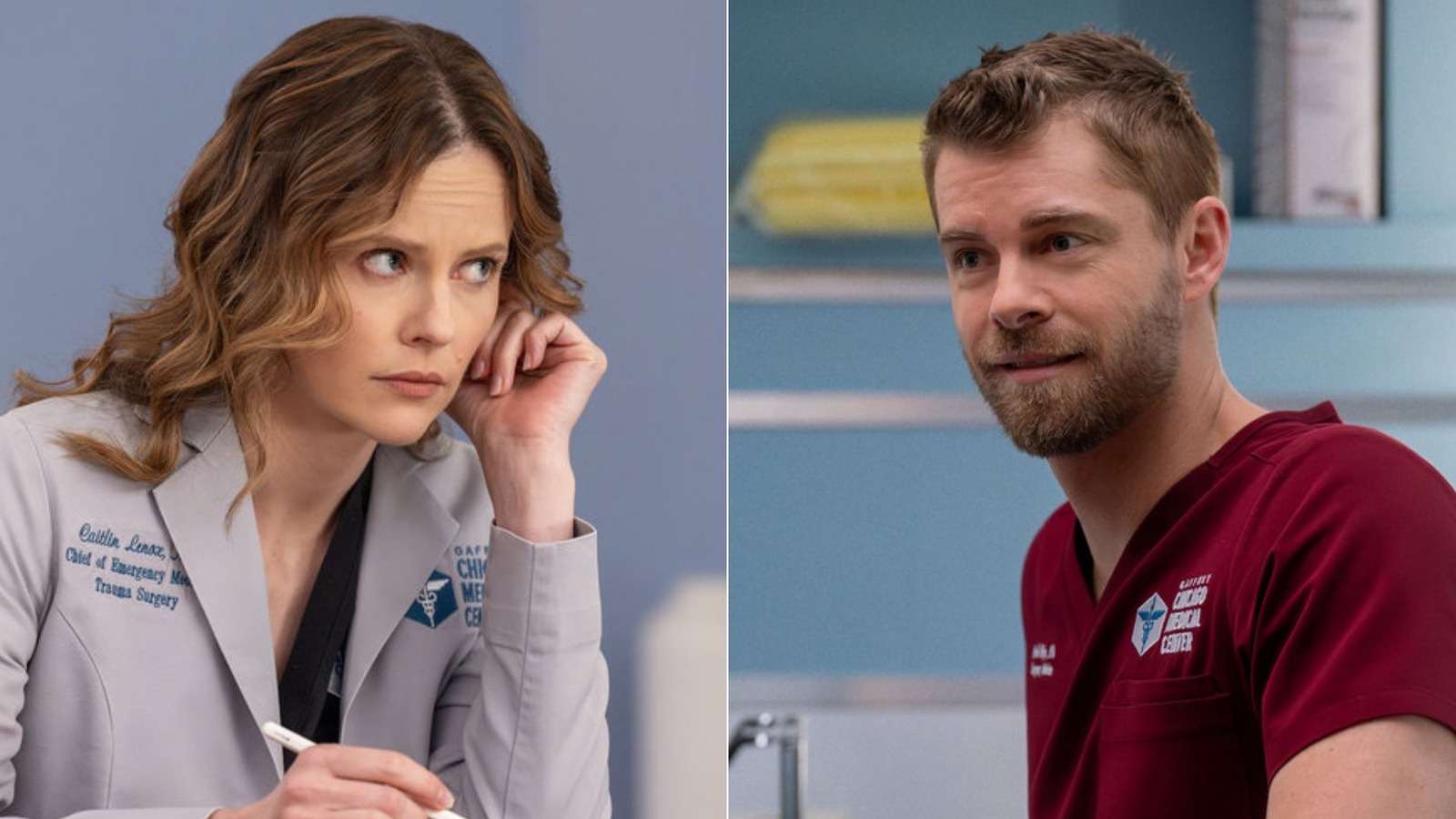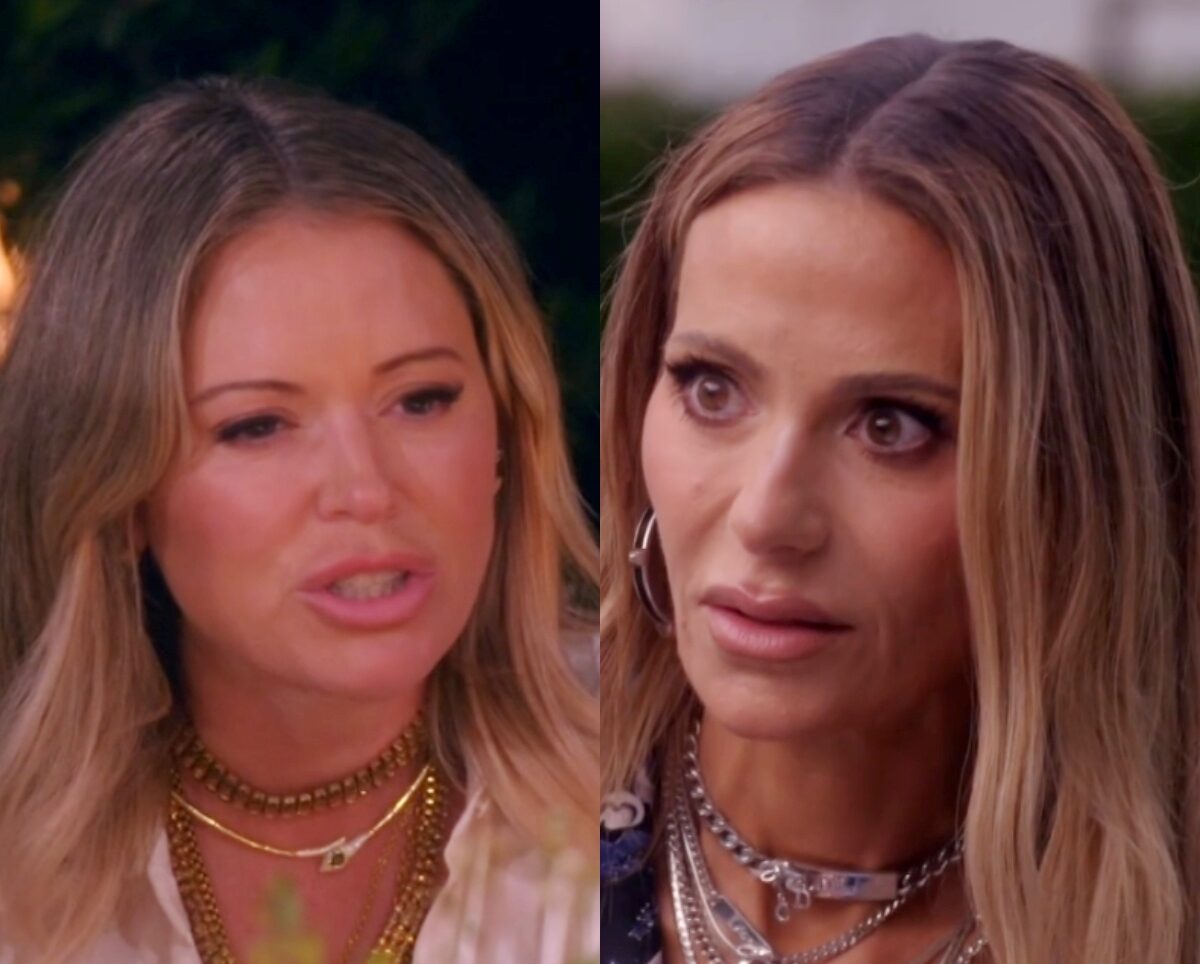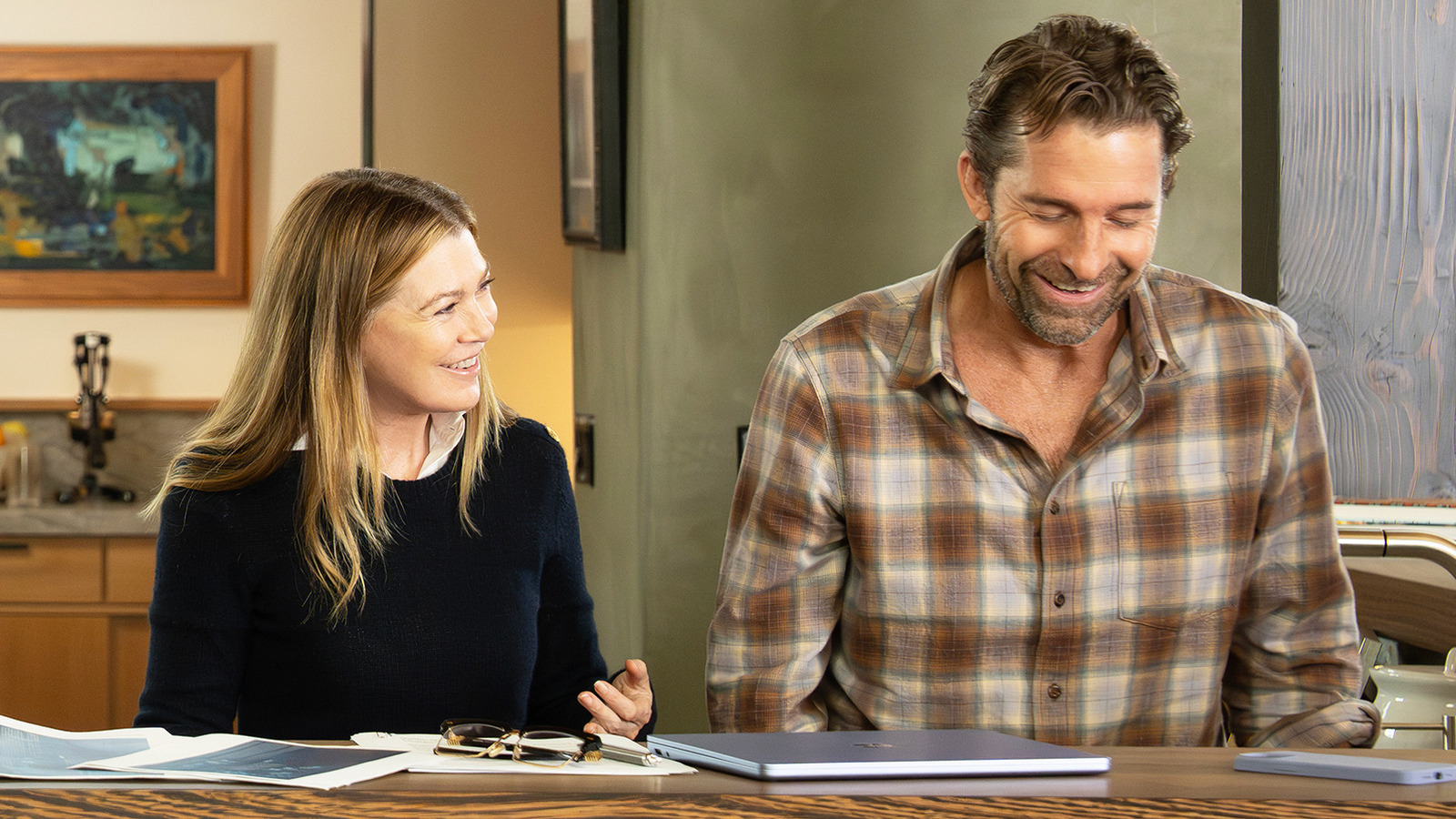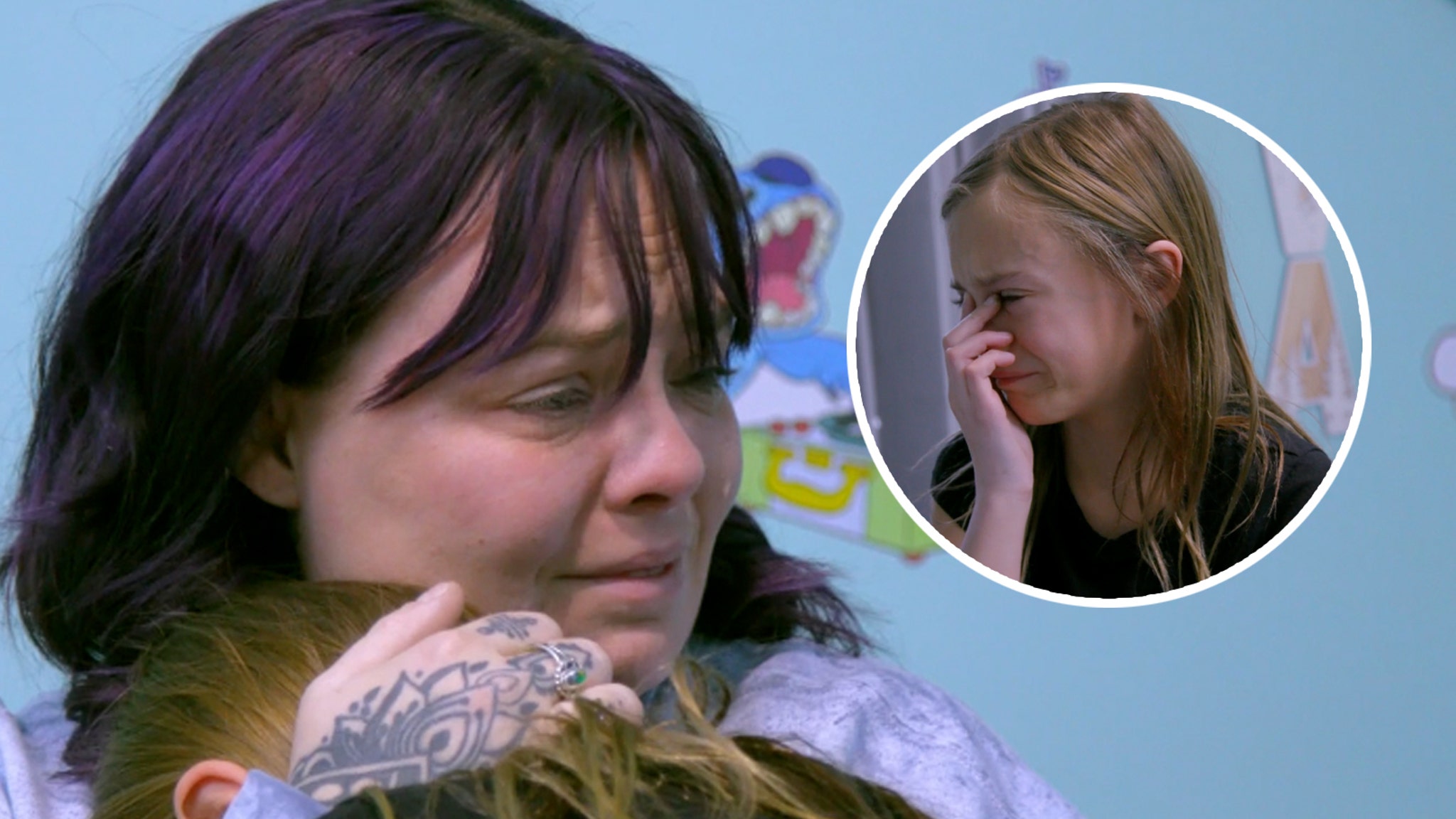The Brat Pack is a group of actors given that nickname in the 1980s.
Known for appearing in ensemble movies, often together, members of the group didn’t join by choice.
A journalist named David Blum initially labeled them that way, which caused many problems for the Brat Pack’s members.
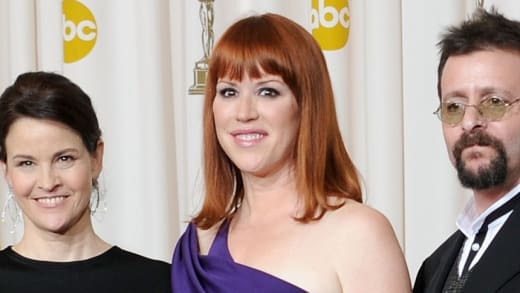
The “Brat Pack” Label’s Influence on Public Opinion
The term “Brat Pack” was a callback to the Rat Pack, a group of performers in the late 1950s and 1960s.
Those performers included singers Sammy Davis Jr. and Frank Sinatra.
Related: The Age of Nostalgia: Why Young Audiences Are Seeking Out Old TV
They were known for their talent, wit, and charm.
Although, they were also known for heavy partying and involvement in certain scandals.
They were essentially Hollywood’s bad boys of the period.
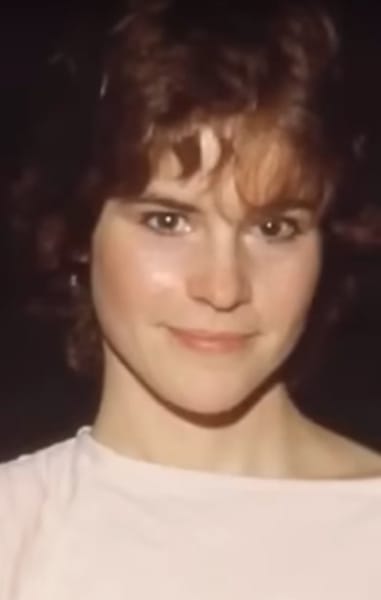
Many of us were kids in the 1980s and were obsessed with Brat Pack members before they had that name.
The label only served to make them more attractive to us as fans.
We all wanted to see which movies they would make and what they would do next as people.
Teens dressed like Brat Packers because they were viewed as the cool crowd.
Dressing similarly to John Bender (Judd Nelson) from The Breakfast Club became particularly popular among teen boys when I was young.
Girls often followed the fashions of Molly Ringwald, who became a Brat Packer despite Blum’s original list consisting only of males.
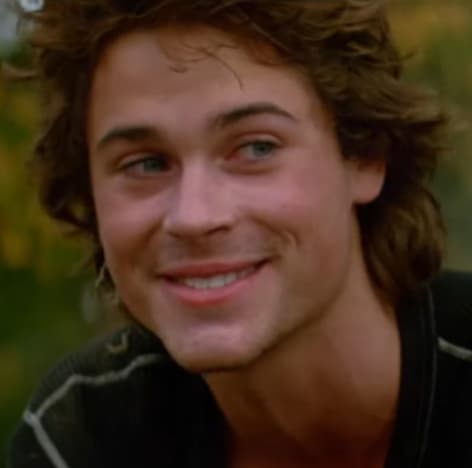
Soon after Blum’s article was released in June 1985, Brat Pack mania hit hard.
Stars like Judd Nelson, Rob Lowe, and Emilio Estevez were swarmed by fans regularly before, but after, it got even more intense.
Fans couldn’t get enough of the Brat Pack, and we also made certain assumptions about them.
Related: Rob Lowe Felt ‘Very Undervalued’ on The West Wing, Compares Filming to a ‘Super Unhealthy Relationship’
One of those assumptions was that they all were an actual pack and hung out together off the various movie sets for fun all the time.
Exactly how close were the Brat Pack members, though?
That question has been debated often over the years.
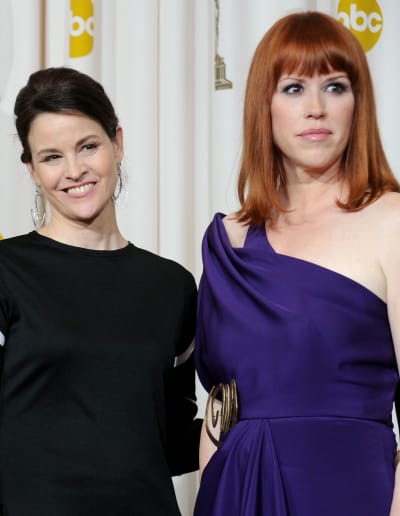
Bonds That Were Formed on 1980s Film Sets
Some bonds were indeed formed between Brat Pack members on the sets of the 1980s classics we all know and love today.
For example, Judd Nelson and Emilio Estevez bonded on the set of The Breakfast Club because they were close in age.
According to a 2016 A.V. Club interview, Nelson said the movie was filmed near Chicago, and the two would often go to a Chicago jazz club together on their nights off.
Their friendship persisted during the filming of St. Elmo’s Fire.
That’s why they were together on a Saturday night in California later with fellow St. Elmo’s Fire cast member Rob Lowe when David Blum interviewed them for his article.
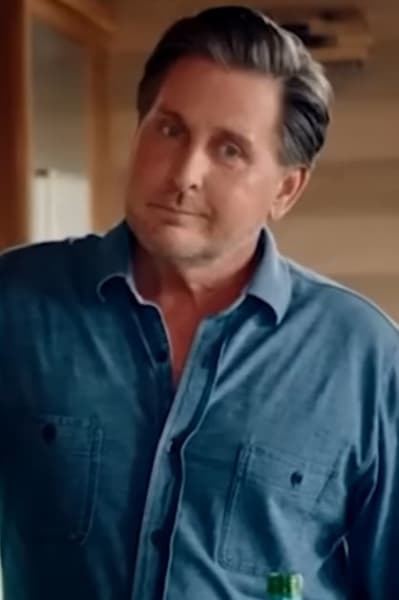
Speaking of St. Elmo’s Fire, another important bond was formed on that set.
It was the one between Emilio and Demi Moore, who met while filming and quickly became a couple.
Related: Top TV Couples from the 1980s
Eventually, they got engaged to be married.
Although the marriage never occurred, they were a Brat Pack power couple for a while.
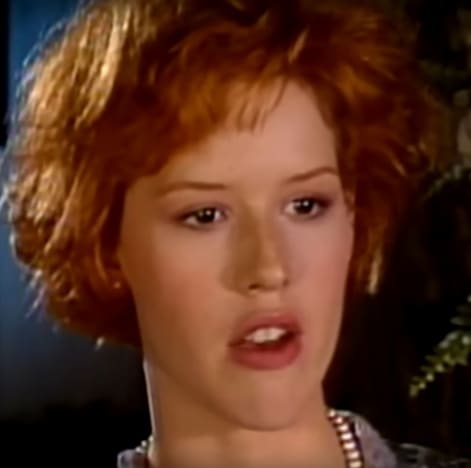
The cast of The Breakfast Club was particularly close, though they were somewhat separated by age.
Anthony Michael Hall and Molly Ringwald were teens at the time.
Nelson, Estevez, and Ally Sheedy were all in their twenties.
Sheedy has repeatedly said that, though she didn’t hang out with the two off-set, she enjoyed their company during filming.
She thought Nelson, in particular, was hilarious.
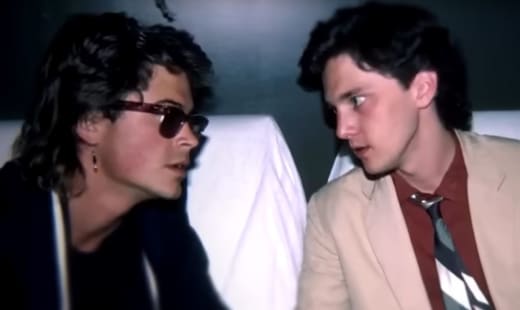
Questioning the Existence of the Brat Pack
Most of us who grew up in the ’80s remember crushing on the Brat Pack members and fondly look back on the group.
Yet, despite some of them being friendly or even dating, the Breakfast Club star Anthony Michael Hall and others have said the Brat Pack never existed.
Related: TV Fanatic Character Crushes
According to numerous interviews Hall has done, he was never part of any group in Hollywood, least of all the Brat Pack.
Hall was younger than most people who considered Brat Packers or were on the Brat Pack periphery then.
He didn’t participate in any group activities off-set with his costars.

After David Blum’s article was released in 1985, the label “Brat Pack” caused quite an uproar among its so-called members.
Fans thought of them as the cool kids, and they even paved the way for characters like Uncle Jesse (John Stamos) on Full House to steal our hearts.
Yet, the Brat Pack didn’t exist to the members themselves.
Hall and fellow Brat Pack member Andrew McCarthy never even met each other during the initial Brat Pack mania or in the decades after.
Other Brat Pack members who had been friendly deliberately began to separate, and any sense of camaraderie they did have started to dissolve, at least for a time.
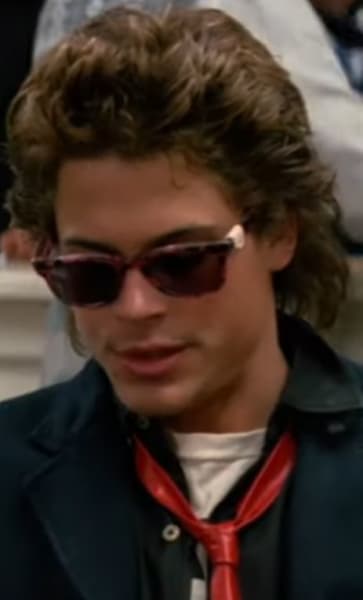
In a new trailer for the Brats documentary, Andrew McCarthy is shown on camera saying the Brat Pack never existed, but is that true?
It depends on the point of view because the Brat Pack certainly did inform a generation’s views, opinions, and even fashion choices.
Related: 17 Fashionable Fellas
Given that perspective, the actors almost seem like a group of unicorns getting together to discuss their mythical status.
That difference of opinion between Brat Packers and fans at the time is one of many points likely to make the documentary quite interesting to those of us who grew up during that period.
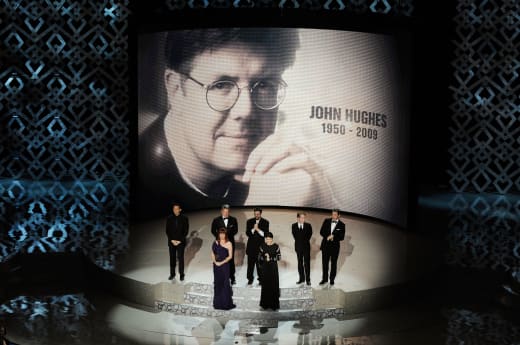
The Brat Pack Versus David Blum
There is always a certain degree of difficulty when young stars of any era are growing up and coming into their own, but the Brat Pack had it particularly hard.
They thought David Blum’s article was horrible, and they hated being labeled as brats.
Judd Nelson went so far as to say in interviews in the years since that he wanted to punch Blum from nearly the moment they met.
Even director John Hughes was not afraid to jump on the bandwagon regarding the hatred of Blum’s article.
Hughes went on record in a 1986 Seventeen Magazine interview conducted by Molly Ringwald, stating that he felt the label was unfair and didn’t accurately describe the group of young people he frequently cast in his films at the time.
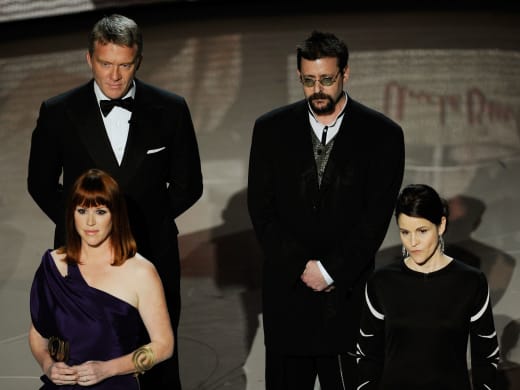
For Blum’s part, he did feel some of the behavior he witnessed from Estevez, Nelson, and Lowe during the evening he spent with them before writing the article had been bratty.
He particularly pointed out Estevez’s need to try to get free tickets to Ladyhawke, starring Matthew Broderick and Michelle Pfeiffer, who is expected to appear in a new Yellowstone spinoff in 2024.
Related: Yellowstone Spinoff: Everything We Know So Far About the Unnamed Series
His article also discussed the young men and their reactions to women who kept coming towards their table at the Hard Rock Cafe the night of the interview.
In short, Blum accused 20-somethings of acting like 20-somethings, and the Brat Pack suddenly appeared.
Although he didn’t seem to regret the piece, he did stop writing about Hollywood about a decade later, according to this 2015 Washington Post article.

Whether it existed to its members or not, the Brat Pack shaped a generation and changed many things about Hollywood.
Some would claim those changes were for the better, others for the worse.
Only one thing is sure.
The entertainment world would be very different if Blum had never coined the term “Brat Pack” at all.
Do you think the Brat Pack members were mistreated?
Tell us about it in the comments section below.
Edit Delete
Jessica Kosinski is a staff writer for TV Fanatic. You can follow her on X.



